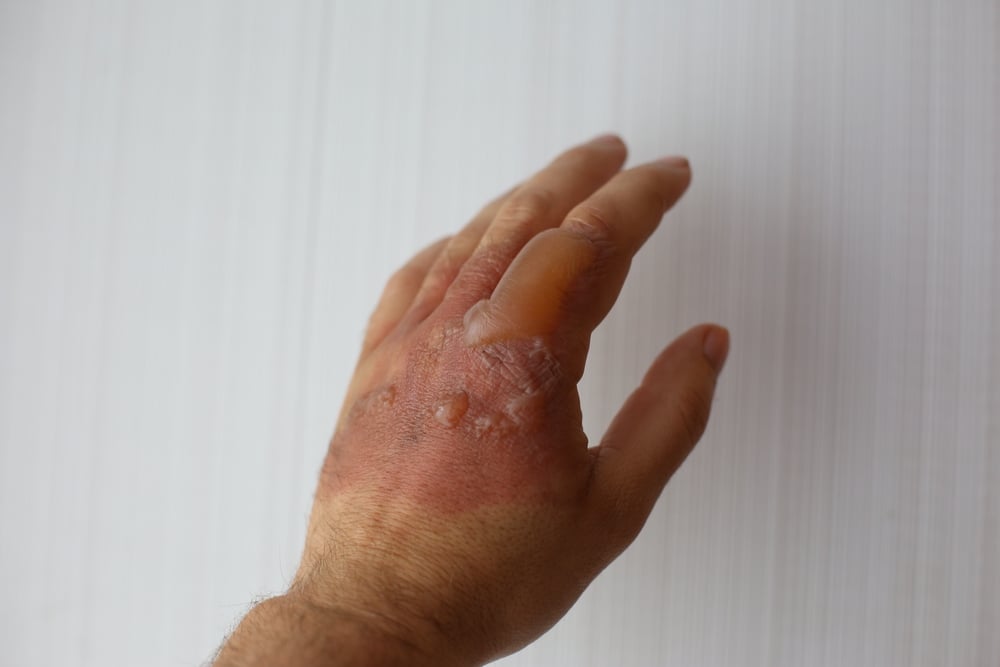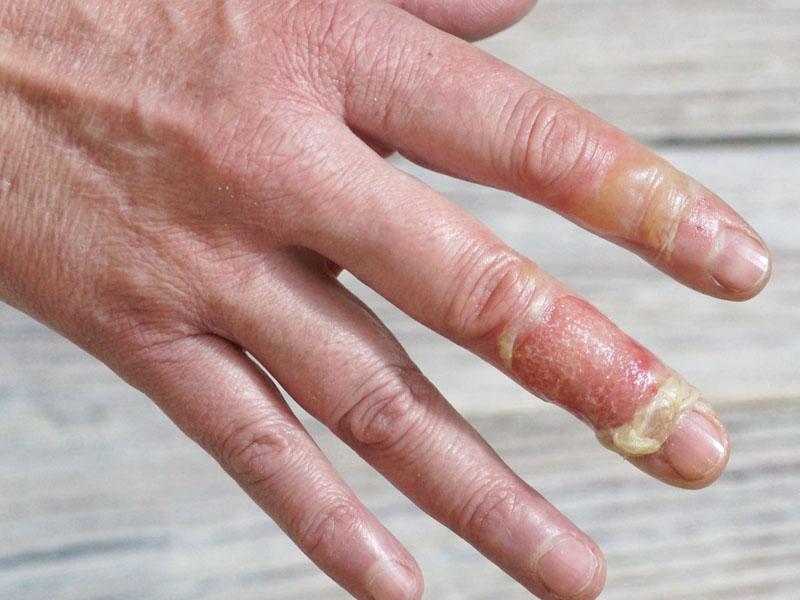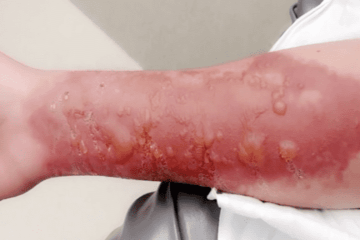Burn injuries are among the most traumatic and devastating experiences a person can endure. These injuries not only cause physical pain and disability but also carry a heavy psychological burden. The emotional trauma associated with burns can be just as debilitating as the physical wounds themselves. Psychological support plays a crucial role in the recovery process of burn patients. This article explores the significant impact of psychological support on burn patients’ recovery and emphasizes the importance of addressing both the physical and emotional aspects of their healing journey.
Understanding Burn Injuries

Before delving into the role of psychological support, it is essential to understand the nature of burn injuries. Burns can result from various sources, including thermal (heat), chemical, electrical, or radiation exposure. Depending on the severity and depth of the burn, they can cause extensive tissue damage, scarring, and long-term physical impairments.
Burn injuries often lead to intense pain, which can be excruciating and persistent. Patients may require multiple surgeries, skin grafts, and extensive rehabilitation to regain function and mobility. Beyond the physical challenges, burn patients commonly experience a wide range of emotional and psychological issues that can significantly impact their quality of life.
The Psychological Impact of Burn Injuries
Burn injuries can lead to a host of psychological challenges, including:
Post-Traumatic Stress Disorder (PTSD):
Many burn survivors develop symptoms of PTSD, such as flashbacks, nightmares, and hypervigilance, due to the traumatic nature of their injuries. These symptoms can persist long after the initial incident, affecting their daily lives and emotional well-being.
Depression and Anxiety:
The pain, disfigurement, and lifestyle changes resulting from burns can lead to depression and anxiety disorders. Patients may struggle with feelings of helplessness, hopelessness, and social isolation.
Body Image and Self-Esteem Issues:
Burn injuries often result in noticeable scars and physical deformities, leading to body image and self-esteem problems. Patients may feel self-conscious and struggle with self-acceptance.
Social and Relationship Challenges:
Burn survivors may face difficulties in maintaining social relationships and intimate partnerships. Fear of rejection or negative reactions from others can lead to isolation.
Coping with Pain and Discomfort:
Chronic pain and discomfort are common among burn patients. Managing pain can be emotionally taxing, and patients may need psychological support to develop coping strategies.
The Role of Psychological Support
Psychological support is an integral component of burn patient care, as it addresses the emotional and mental aspects of recovery. The following are some ways in which psychological support positively impacts burn patients’ recovery:
Coping Strategies:
Psychological support helps burn survivors develop effective coping strategies to deal with the physical and emotional challenges they face. This includes teaching relaxation techniques, stress management, and pain management skills.
PTSD Treatment:
Therapists and counselors can provide specialized treatment for PTSD symptoms, such as exposure therapy and cognitive-behavioral therapy (CBT). These interventions help patients process their traumatic experiences and reduce the impact of PTSD.
Emotional Well-being:
Supportive counseling and therapy sessions offer a safe space for burn patients to express their feelings and fears. These sessions can help patients regain a sense of control over their emotions and provide a platform for healing.
Improved Quality of Life:
Psychological support helps patients regain their self-esteem and body confidence. With improved mental health, patients are more likely to engage in social activities, maintain relationships, and lead fulfilling lives.
Pain Management:
Counselors and therapists can work with patients to develop effective pain management strategies, reducing the emotional toll that chronic pain can take.
Support for Family and Caregivers:
Psychological support extends to the families and caregivers of burn patients, helping them understand and cope with the challenges of caring for a loved one with burn injuries. This support is vital for maintaining a supportive network around the patient.
The Multidisciplinary Approach

The best outcomes for burn patients often result from a multidisciplinary approach that combines medical and psychological care. Burn centers typically employ a team of professionals, including surgeons, nurses, physical therapists, occupational therapists, and psychologists, to provide comprehensive care.
The collaboration among these specialists ensures that both the physical and emotional needs of the patient are met. Psychological support is seamlessly integrated into the patient’s treatment plan, ensuring that they receive holistic care from the moment of injury through the recovery process.
Conclusion
Burn injuries can have profound physical and psychological effects on patients. The journey to recovery is not just about healing the body but also about addressing the emotional trauma that accompanies burn injuries. Psychological support plays a pivotal role in helping burn patients regain their emotional well-being, improve their quality of life, and successfully reintegrate into society.
Recognizing the importance of psychological support in burn care is crucial for healthcare professionals, caregivers, and society as a whole. By providing comprehensive care that addresses both the physical and emotional aspects of burn injuries, we can help burn survivors rebuild their lives and move forward with resilience and hope.

